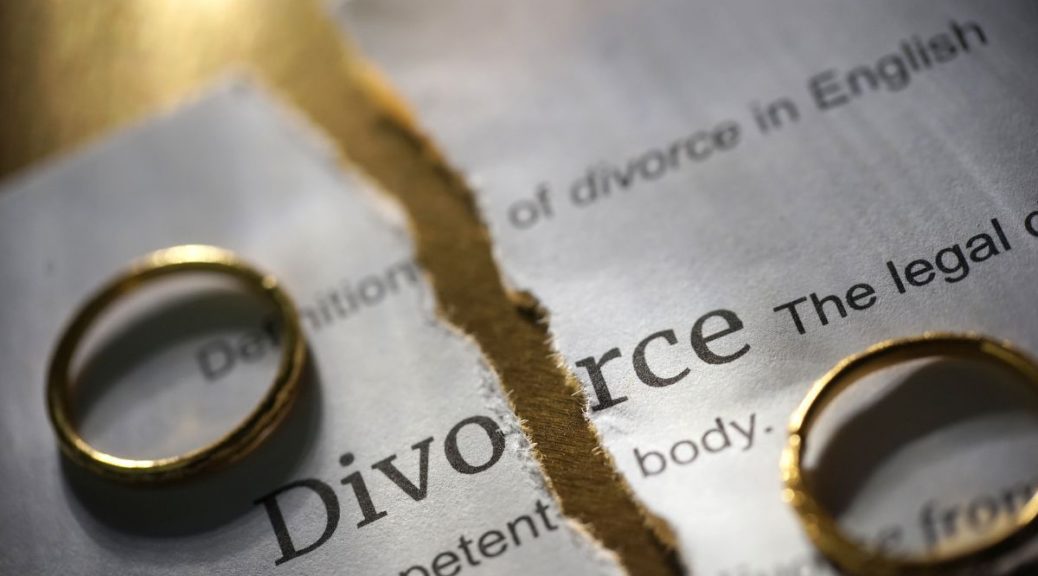Both versions of the movie Yours, Mine & Ours tell the heartwarming story of two large families combining into one. But couples getting divorced face the exact opposite situation. Instead of combining, they are dividing everything from assets, debts, and sometimes even friends. Since California is a community property state, it almost seems like splitting everything 50-50 should be simple. But property division in a California divorce can be extremely complicated and is best handled by an attorney with deep experience and knowledge.
This article looks at property division fundamentals to give you a basic understanding of how it works.
Separate vs. Community
Some states handle property division in a divorce through equitable distribution. A divorce settlement or final order, then, might consider all the couple’s assets and debts, along with a myriad of other factors, then split everything as equal as possible.
Nine states, including California, are community property states. This method of property division, at its most basic levels, splits a couple’s property and debt into one of the following categories:
- Separate. Assets each person brings into the marriage usually start out as their separate property. Certain assets acquired during the marriage could be considered separate, including inheritances.
- Community. Most property acquired by a couple during their marriage is considered community property that is split roughly 50-50.
- Quasi-Community Property. The couple acquired property in another state, but it would have been community property had they bought it in California.
- Mixed Community and Separate Property. Sometimes property is “part separate property and part community property.” This type of asset can be especially challenging.
Your California divorce attorney can provide knowledgeable assistance when it comes to categorizing your property.
A Few Potential Examples of Property Division in a California Divorce
The following examples give you an idea of how things might go but are not intended to imply that is the way your property will be divided.
- Separate Property. Helene purchased her house several years before she and Max were married. During their seven-year marriage, Helene paid the taxes, insurance, and maintenance from her separate income. If they divorce, the house will probably be considered Helene’s separate property.
- Community Property. Max and Helene buy a house together as a married couple. They both sign the mortgage and contribute to the down payment from community funds. Max and Helene made monthly mortgage payments from a joint account. Also, the couple shares maintenance and insurance costs. During the property division part of their divorce, the home probably will be considered community property.
- Quasi-Community Property. Since both Helene and Max enjoy skiing and other winter sports, they decide to buy a ski lodge in Colorado. They file for divorce in a community property state, but Colorado is an equitable distribution state. The ski lodge probably will be split according to California divorce laws.
- Mixed Community and Separate Property. Let’s look back at the home that Helene bought before she married Max. At the beginning of the marriage, the house would be Helene’s separate property. However, in this scenario, Max pays for home improvements that improve the value of the home. Property division now gets very tricky. Is Max entitled to half of the home’s improved value – or more?
This article can only cover the basics of property division. Your results could vary depending on your unique variables. Therefore, the best way to handle property division is to hire an experienced attorney.
Help with Property Division Is Available
The attorneys at the Law Offices of Judy L. Burger are experienced at all phases of divorce, legal separation, and annulment. Call us at 415-293-8314 to schedule a private appointment or visit our website. We assist clients along California’s Northern to Southern Coast, including San Francisco, Beverly Hills, Marin, San Jose, Gold River, San Diego, Santa Barbara, Ventura/Oxnard, and surrounding communities.











